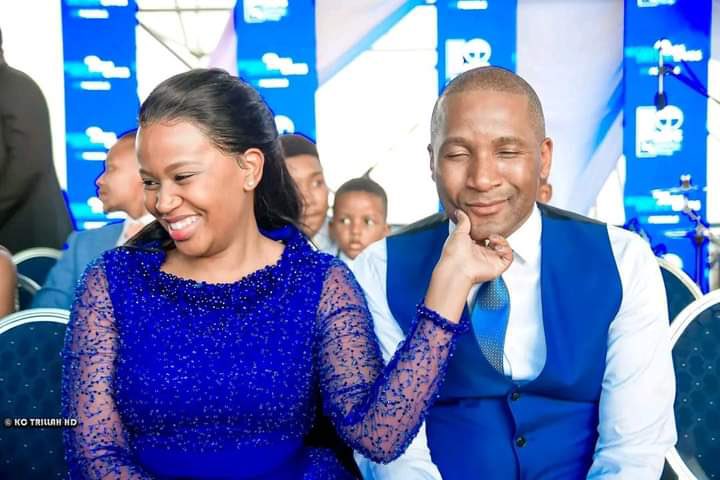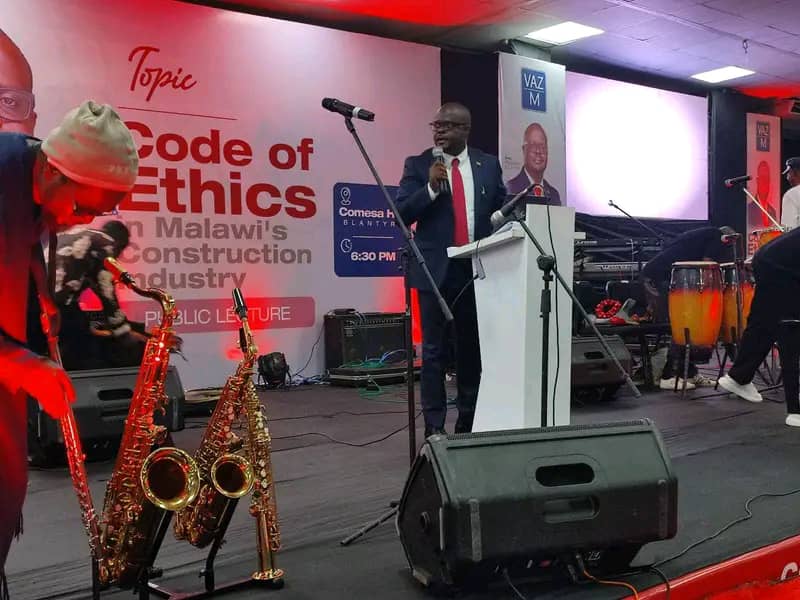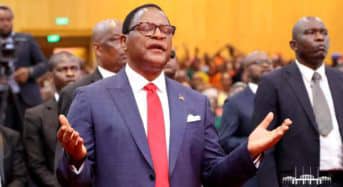By Burnett Munthali
In a historic turn for Botswana’s political landscape, 54-year-old Duma Boko has been officially sworn in as the country’s new President, becoming the first opposition candidate in 58 years to win a general election. This victory signifies a momentous shift in a nation long dominated by the Botswana Democratic Party (BDP), which has governed since Botswana’s independence in 1966.
Duma Boko’s win represents not just a change in leadership but a significant step forward in Botswana’s democratic journey, ending decades of uninterrupted rule by a single party. The election results reflect the country’s increasing demand for accountability, economic reform, and greater representation, especially among its younger generation. As he took the oath of office, Boko made an emotional pledge to his fellow citizens: “I dare not fail or disappoint.”
A Harvard-trained lawyer, Boko brings a wealth of legal expertise and a profound commitment to governance and justice to his new role. His campaign centered on promises of economic reform, job creation, and the preservation of Botswana’s environmental and natural resources. The President has long championed causes to protect marginalized groups and ensure equitable economic development across the country.
Boko’s legal background is expected to guide his approach to governance, focusing on the rule of law, accountability, and transparency. As he steps into office, many in Botswana and beyond are hopeful that his administration will tackle critical issues such as economic inequality, youth unemployment, and the nation’s dependence on diamond mining, which has often left other sectors underdeveloped.
As Botswana opens this new chapter under President Boko, the challenges are as significant as the hopes that accompany this change. All eyes are now on the new administration, watching to see how Boko’s leadership and vision will reshape Botswana’s political and economic future.




